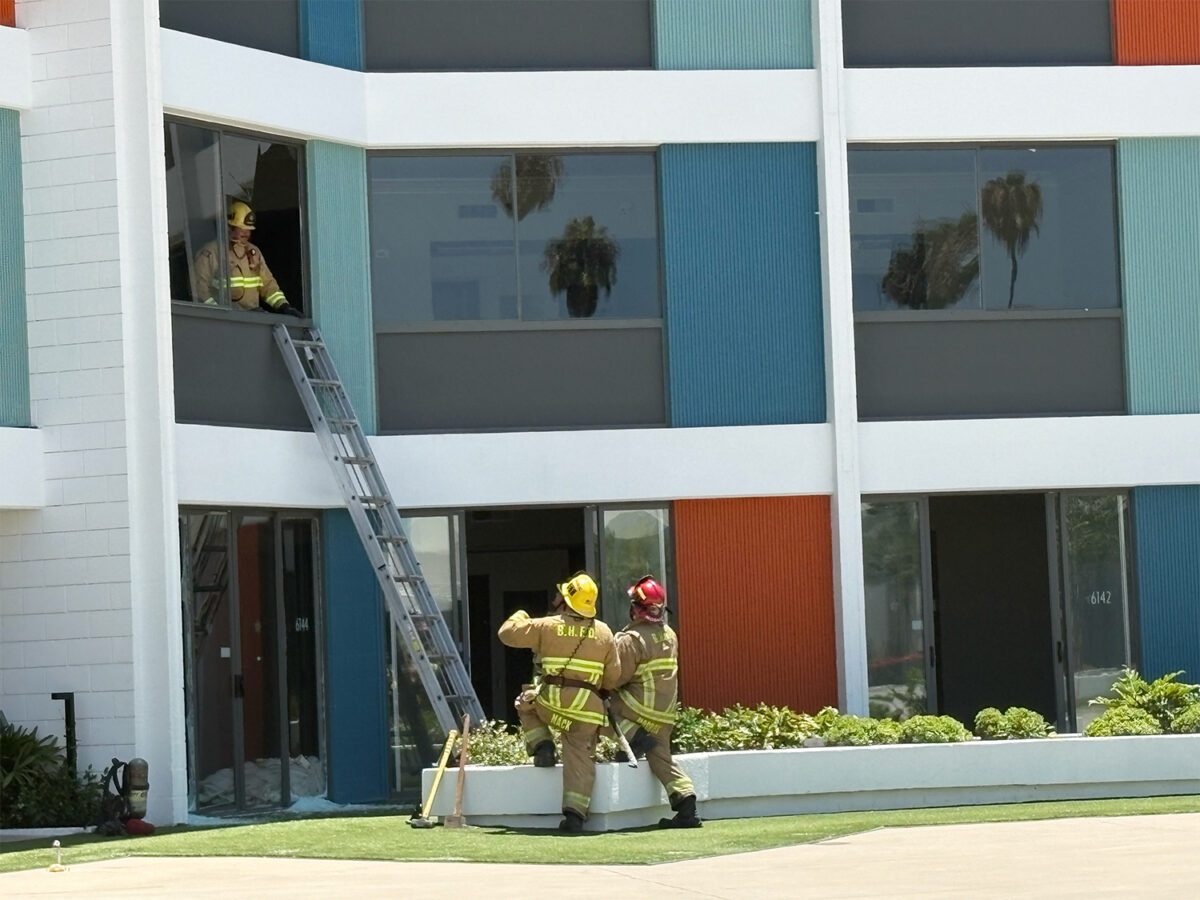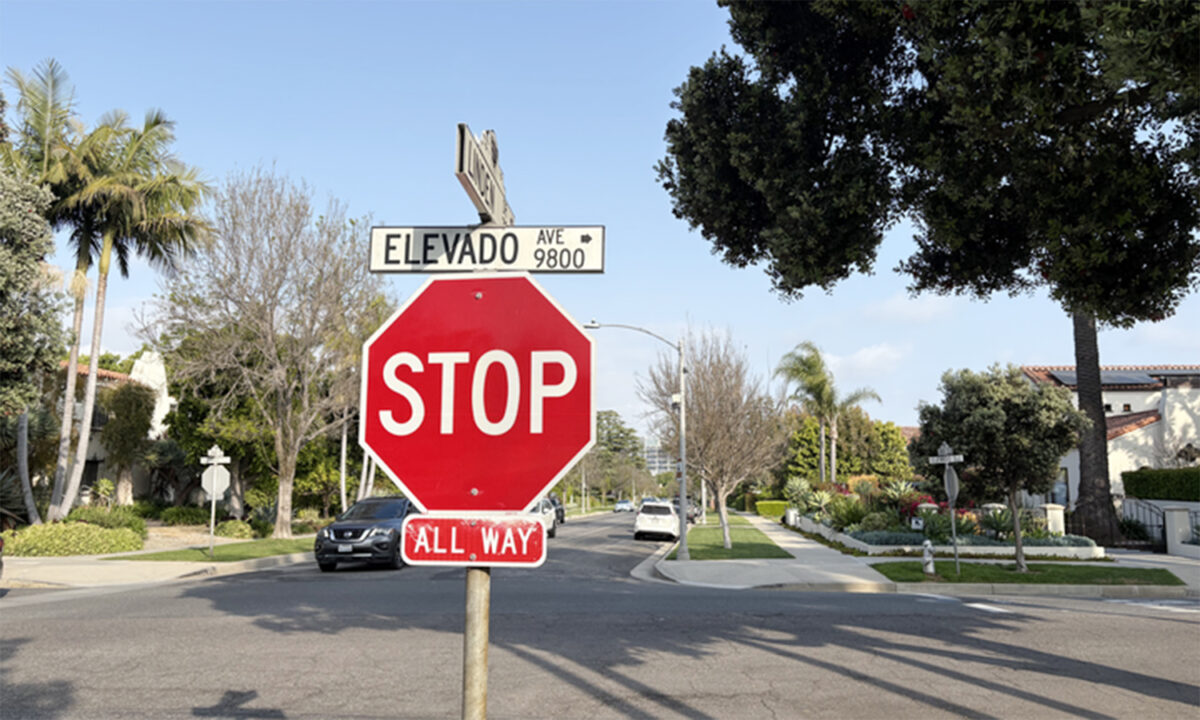The Beverly Hills City Council once again revised its COVID-19-related Urgency Ordinance concerning residential and commercial tenant evictions. The Council voted 5-0 just before midnight on June 18 to amend the ordinance so that July will be the final month for commercial tenants to not pay rent due to financial impacts related to the pandemic under the ordinance.
In initially enacting a temporary moratorium on eviction for non-payment of rent “due to substantial financial impacts related to COVID-19” on March 16 (Ordinance No. 20-O-2805), the City allowed commercial and residential tenants a year to repay forborne rent sans penalties. The provision was intended to serve both as an affirmative defense for a commercial eviction as well as curb potential vacancies.
Per the amended ordinance, most commercial tenants must now repay their forborne rent by Sept. 1 to avoid paying interest or late fees, unless they work out a payment plan with their landlord. Any negotiated payment strategy takes precedence over the ordinance.
“I think the fact that we’ve narrowed the time frames has sent a signal that we expect people to start paying rent, and I think that’s kind of a good thing,” stated Councilman Julian Gold at the June 18 hearing. “I’m sure we’re going to have unhappy people on both sides. But I think this is a balance. I think this is a fair balance.”
Nothing in the ordinance relieves any commercial tenant of liability for the unpaid rent.
Beginning on Sept. 1, at the end of the “amnesty period” for small commercial tenants, landlords may charge half the amount of either the late fee or the interest that is provided in the lease capped at five percent if all past due rent is not paid. All past due rent and late fees/interest must be paid by Jan. 1, 2021.
With respect to large tenants (businesses with over 100 employees or annually grosses more than $15 million), all forborne rent and late fees are due on Sept. 1. As part of the revised ordinance, the Council set an amnesty date of Aug. 1 for large commercial tenants to repay the forborne rent without accruing penalties.
Very large commercial tenants (businesses that employ over 500 employees, a Fortune 1000 company, or a publicly traded entity) are not subject to the ordinance and must pay rent according to their rent schedule or agreed upon terms.
“I don’t think either side would say this is a win,” Councilwoman Lili Bosse said at the June 18 City Council meeting.
At the crux of the revised urgency ordinance is the mandate that landlords and their commercial tenants work together during this time of emergency to make a “good faith attempt” to develop a rent payment strategy.
Excluding large commercial tenants, the ordinance states that to ensure that landlords and commercial tenants “meet,” landlords must “notice” any commercial tenant who has not agreed to a payment strategy via a method which provides written evidence of receipt. Following notice, the tenant has 10 days to arrange a meeting and meet with the landlord within 45 days to discuss a payment strategy.
“If the tenant fails to do that…the tenant will owe the forborne rent on Oct. 1. On the other hand, if the landlord doesn’t send the notice, or the landlord is unwilling to meet, then the tenant’s obligation to pay back the forborne rent will not happen until July 1, 2021. And that is in a nutshell the process for small tenants,” clarified City Attorney Larry Wiener.
After passing the original urgency ordinance, the Council fielded significant pressure from landlords who criticized the provision allowing commercial tenants up to a year after the pandemic crisis ends to repay missed rent sans interest. While the Council was united in its decision to reduce the 12-month rent forbearance period, members did acknowledge that in a sense they were backpedaling on a promise to tenants. “It is a bait and switch,” stated Councilman John Mirisch.
According to Levin & Margolin trial attorney Elyse Margolin, who’s been a tenant at 8484 Wilshire Blvd. since 1980, working with her current landlord’s property manager has been fraught with difficulty. Margolin told the Courier she pays just under $20,000 a month to rent an office at the Douglas Emmett-owned building and thought “making a deal with these people is just impossible.”
“I’ve never missed a payment until April,” she added, noting that she is now up to date on her rent payments. “I think [the new ordinance] is fair, but I don’t know what’s going to happen because there are so many more coronavirus incidents.”







